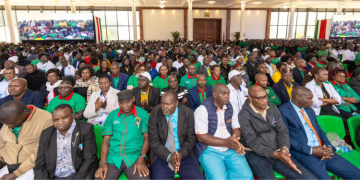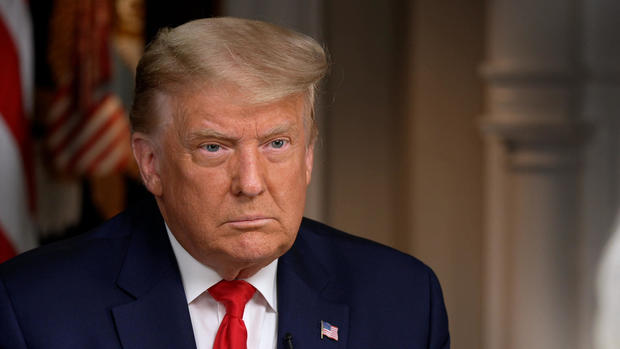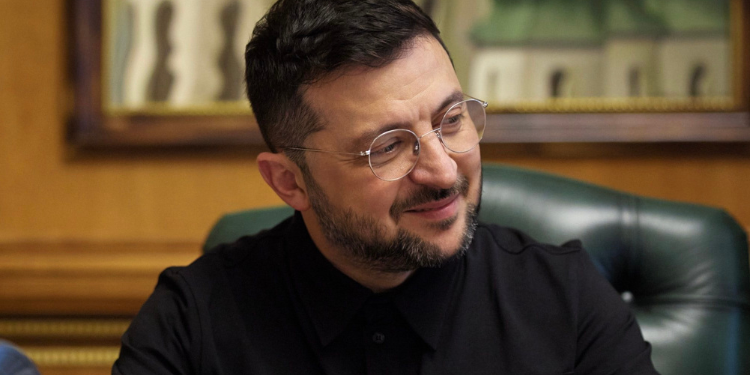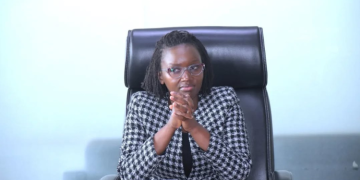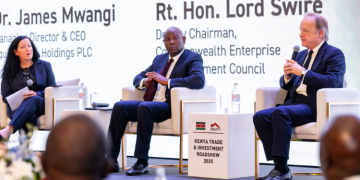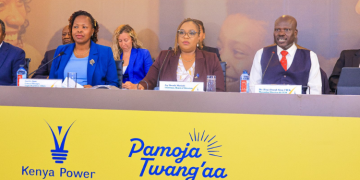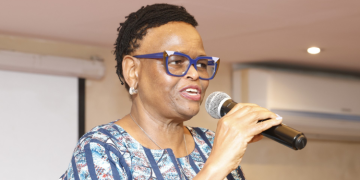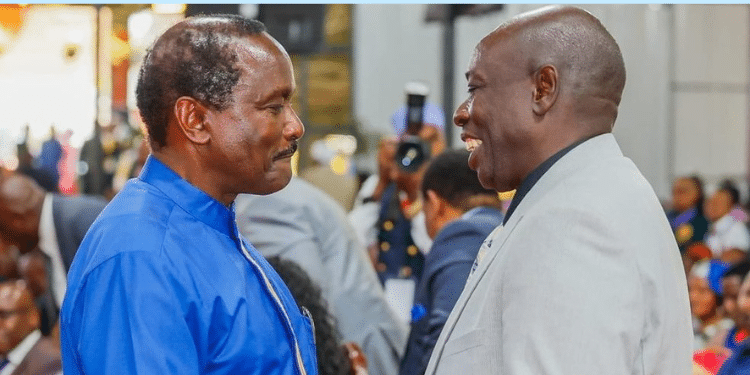President William Ruto has suffered a major setback after the High Court in Nairobi declared his appointments to the National Climate Change Council unconstitutional.
Delivering the ruling on Friday, April 2, Justice Lawrence Mugambi said the appointments lacked public participation.
“There was no evidence of stakeholder engagement, and the respondents failed to demonstrate how public involvement was conducted, as required by law,” the judge stated.
The four nominees affected by the ruling are Emily Mwende Waita, John Kioli, Ummar Omar, and George Odera Outa.
Court Declares Ruto Climate Council Appointments Unconstitutional
The court formally nullified the appointments and barred the four individuals from assuming office.
Justice Mugambi also pointed out the lack of clarity on which nominee represents the largest civil society organisation working on climate change,nor is there evidence of any public participation in the selection process.
At the same time, he ordered the relevant committee to conduct fresh nominations within 90 days, in full compliance with the Constitution.
Also Read: Ruto Orders Safaricom to Suspend Paybill Numbers for 58 Companies
The nominees argued that the Climate Change Act does not outline a procedure for selecting representatives from marginalized communities.
However, the petitioners — the Mt. Kenya Network Forum and the Indigenous Peoples National Steering Committee on Climate Change — maintained that civil society organizations working on climate issues were excluded from the process.
The nominees had been appointed by President Ruto in 2023 as part of his administration’s efforts to combat the effects of climate change.
Argument by the Petitioners
The judgment follows an initial court order that temporarily suspended the four members from assuming office until the petition filed against them was heard and determined.
Justice Mugure Thande, in February 2023, suspended the appointees from assuming office after a lobby group filed a suit challenging their appointments on several grounds.
The lobby group, in their petition, cited a lack of legal thresholds on transparency, competitiveness, and public participation in the appointments.
Also Read: Ruto Appoints Makau Mutua to New Role
The petitioners argued that civil society organizations working on climate change in the country were never involved in the selection of the four members.
“It is not clear who among the nominees is a representative of the largest civil society organisation working on climate change, as it is required by the Council Act,” the petitioners told the court.
“It is also not clear whether there was any form of public participation in the selection of the said individuals in accordance with the Public Participation Act.”
Established under the Climate Change Act of 2016, the council is tasked with managing climate change funds, regulating greenhouse gas emissions and integrating climate change into national policies, including education.
Follow our WhatsApp Channel and X Account for real-time news updates.


